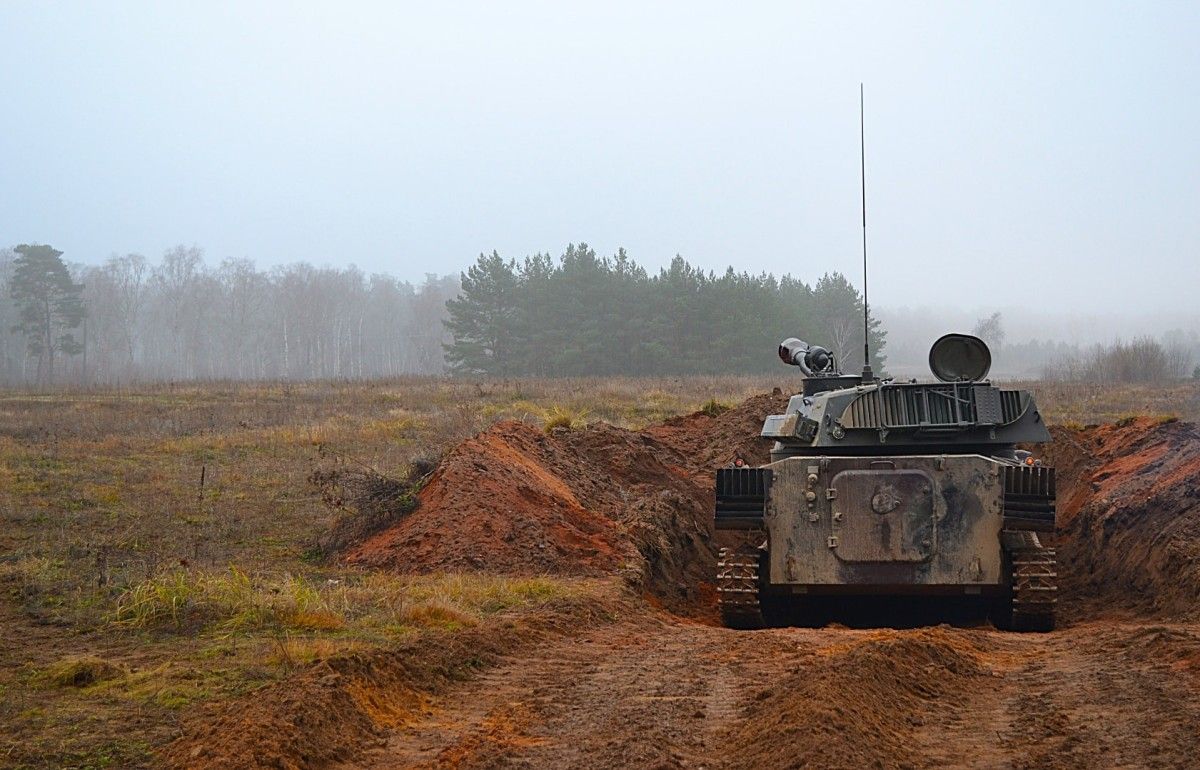The UK government is reviewing controversial guidance that would allow businesses to question or exclude transgender women from single-sex spaces based on their appearance. Women and equalities minister Bridget Phillipson said Thursday she is considering the watchdog's recommendations "thoroughly and carefully" despite mounting pressure to act.
The Equality and Human Rights Commission submitted its proposed code of practice to ministers on September 4. According to The Times, the guidance states that hospitals, gyms and leisure centres could challenge transgender women over their use of single-sex services based on how they look, their behaviour or concerns raised by others.
Phillipson told reporters: "I have responsibilities to make sure that's done properly and we're taking the time to get this right." She stressed the importance of single-sex provision "for domestic violence services, rape crisis centres, so that women are able to heal from the trauma they've experienced". She added: "But of course, trans people should be treated with dignity and respect."
Legal pressure mounts
The EHRC wrote to Phillipson last month urging faster implementation, warning that some organisations are currently using unlawful practices. The watchdog's current code dates from 2011 and became unlawful following an April Supreme Court ruling. That judgment determined the words "woman" and "sex" in the Equality Act 2010 refer to biological woman and biological sex.
The commission said its updated code "accurately reflects the law and is informed by the two public consultations we ran to ensure it is as clear as possible".
Implementation challenges
Children's minister Josh MacAlister defended the three-month delay, telling Times Radio the 300-page guidance raises complex practical questions. "These are massive issues and I think that the public now looking at the draft guidance from the EHRC will recognise that when you drill down into examples of how this might be applied, it has big implications for individuals, it has big implications for businesses and public services," he said.
MacAlister outlined concerns about enforcement. "I just ask people to imagine small corridors where you've got a set-up around toilets that's pretty restricted and you've got – whether it's a restaurant or a school or a gym – not that much space to play with," he told Times Radio. He said the guidance "has implications for both how physical buildings are set up, but also how staff in those settings would need to determine and judge even whether somebody might look like a woman".
He emphasized: "We want to avoid being in a position where toilets are being policed by people."
What the guidance reportedly says
The Times reported the code states it is unlikely to be lawful to exclude transgender people from toilets without offering suitable alternatives. However, it acknowledges "disproportionate financial costs" for businesses could mean providing alternatives is not always "reasonably possible".
On sport, the guidance reportedly states transgender people should not be included in single-sex competitions on the basis of the sex they identify with. An earlier draft suggestion that birth certificates could be requested has since been removed, The Times reported.
MacAlister defended the delay: "Three months is very little time in the grand scheme of things." He added: "We're doing this as fast as we can and there's no deadline that we're putting on it. We want to get it right, and if we don't get it right it does risk putting this back into the courts and providing even greater uncertainty for people. So, we're going to take our time to get it right."
Once ministerial approval is granted, Parliament must review the draft code for 40 days before implementation.
Note: This article was created with Artificial Intelligence (AI).








